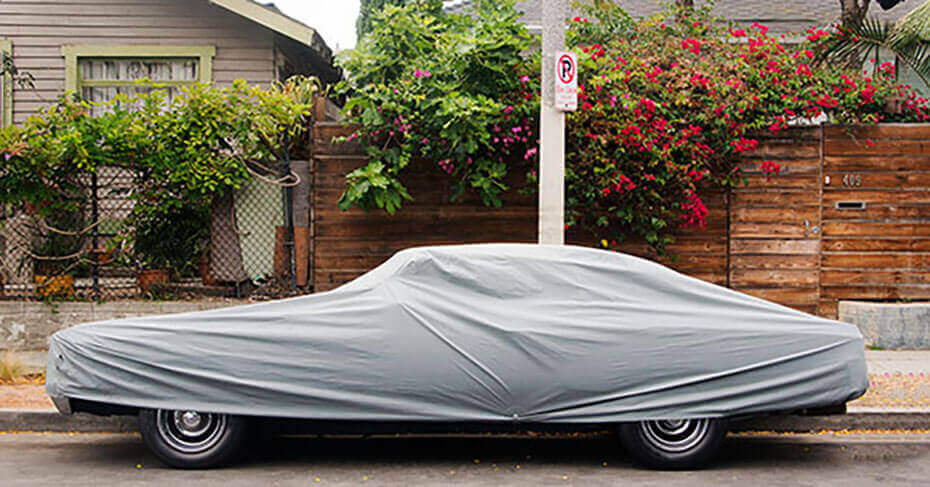
How to Care for Your Car When You Aren't Driving It

by Maddi Butler
At some point, you’ve probably heard the phrase, “expect the unexpected.” And at some point, we’ll all encounter some unpredictable circumstance that will affect our lives in an unexpected way. For drivers, this might mean an accident, injury, or other circumstance (such as a global pandemic) that changes how often you drive. Regardless, there’s one thing that’s important to remember, and it’s that your car still needs care if it isn’t being driven.
Why’s that?
Well, leaving your car parked for long periods of time can take a toll on your car’s battery and even its fuel system, meaning you might have trouble starting it. Fortunately, there are steps you can take to properly prepare your care for a long-term parking situation.
Give your gas a fuel stabilizer.
Over time, gas can degrade and go bad. It becomes gummy and less effective and can even clog or damage your fuel system. Chemical fuel stabilizers are additives that help preserve the gas in your gas tank—for up to two years! These are widely available at auto parts stores, and instructions on the container will help you determine how much you need.
Make sure your battery is charged.
When you drive your car, the alternator keeps your battery charged and running. When you aren’t driving your car, there’s nothing to keep it charged. This means that when you’re ready to drive your car again, you might not be able to start it...unless you keep your battery charged. A trickle charger or battery maintainer plugs into an outlet and your car and sends a small, constant amount of electricity to your car to keep it charged.
Keep it clean and covered.
Before you store your car, you should always make sure it’s clean (even if you just run it through a quick car wash). This ensures it’s free of dirt or other contaminants that may cause paint damage or rust. You should also aim to store your car in an environment where it won’t be exposed to extreme temperatures and weather. A garage is perfect for this, but if you don’t have a garage you can always purchase a car cover.
Keep tires well-rounded.
When a car sits for a long time, your tires can develop flat spots. When that happens, they’re not able to maintain the totally round shape they used to have, and it can cause the car to vibrate when you’re driving. To prevent this, you can put your car on blocks by jacking it up and supporting the body with jack stands. This takes weight off the tires and prevents flat spots. (Blocks can also prevent an engaged parking brake from rusting and fusing in place! For this reason, it’s also a good idea to leave your parking brake unlocked.)
Freshen up your fluids.
Depending on how long you’ll be storing your car, you should consider swapping out engine oil, power steering fluid, and brake fluid for fresh stuff. This prevents any contaminants from causing damage over a long period of time.
Don’t forget about insurance.
When you’re not driving your car, you might be tempted to get rid of your insurance policy. However, this will leave you stuck in the unfortunate event of a fire or theft. It might also leave you with higher rates when you’re ready to drive again, as insurance companies will charge you more for having gaps in your coverage. Instead, take advantage of all available discounts—or start searching for a new provider. (And the good news is, we can help with that last one!)